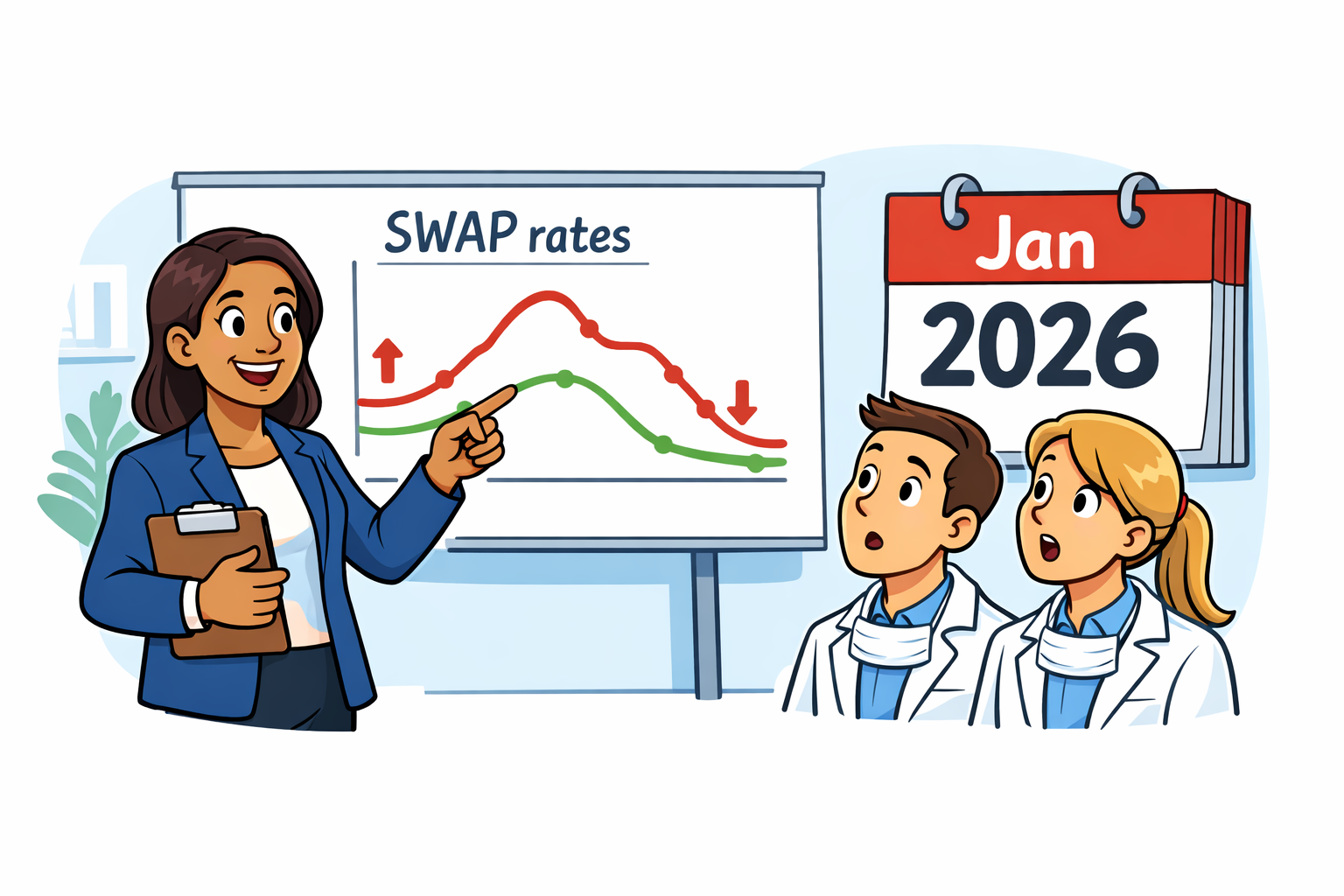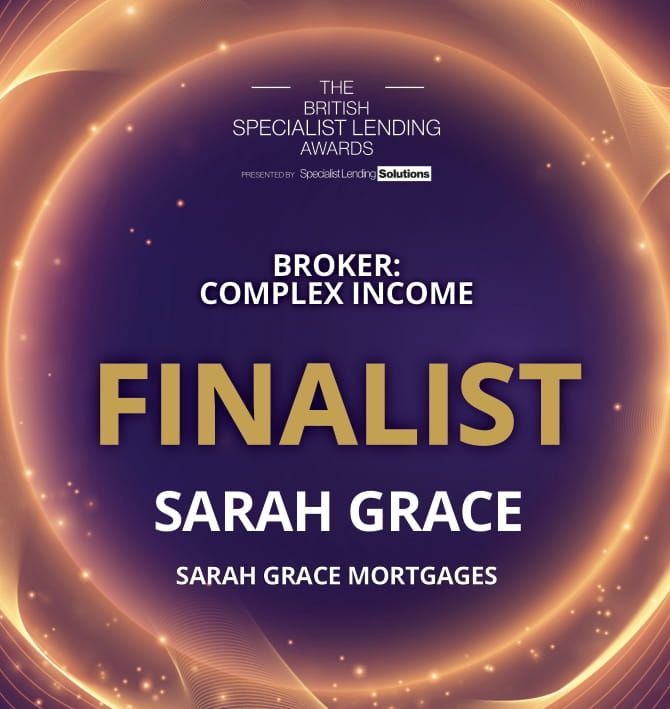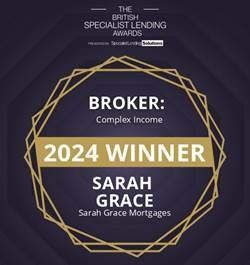In today’s digital world, it’s never been easier to access financial advice. TikTok, Instagram, and YouTube are overflowing with voices promising the latest ‘mortgage hack’. However, as medics, navigating the complexities of income structure, self-employment, and professional obligations, the advice you consume can have serious consequences—especially when it comes from unqualified or unregulated sources.
Have you heard of the term “Finfluencers”?!
These are social media influencers who share financial tips and insights, often without any formal qualifications or regulatory oversight.
Many are charismatic, persuasive, and highly active online. Some even partner with brands or use affiliate links to promote financial products for commission.
While some content may be genuinely well-intentioned, the problem is simple: financial guidance is not one-size-fits-all, and the wrong advice can do more harm than good, especially in complex areas like mortgage lending.
Why Medics Are Especially at Risk
Medics often face a unique set of financial circumstances, such as:
- Variable income from multiple sources (NHS, private, practice ownership)
- Complex tax structures (self-employed vs limited company)
- Eligibility challenges for certain mortgage products
Finfluencers rarely understand or even acknowledge these nuances. Their advice is usually generalised and aimed at mass appeal ‘WHY YOU NEED 3 YEARS TAX RETURNS TO GET A MORTGAGE’ (sidenote – you do not), which can mislead professionals like yourself into believing certain strategies are viable when they are not.
The Dangers of Unregulated Advice
Here’s what makes relying on social media advice risky:
- No accountability: Most finfluencers are not regulated by the Financial Conduct Authority (FCA), meaning they don’t have a legal duty to ensure their advice is accurate, ethical, or in your best interest.
- No protection: If something goes wrong, you won’t have access to recourse via the Financial Ombudsman Service or Financial Services Compensation Scheme.
- Product bias: Many influencers are paid to promote certain financial product, whether or not they’re suitable for your situation.
Taking action based on a 30-second TikTok could lead to expensive mistakes, mortgage rejections, or missed opportunities for tax efficiency and long-term financial stability.
The Value of Professional Advice
As regulated mortgage advisers who specialises in working with medics, we are bound by strict professional standards. This includes:
- FCA compliance to ensure your best interests are always prioritised
- Tailored solutions based on a deep understanding of your career path, income structure, and long-term goals
- Access to lenders who understand your profession and offer more flexible underwriting
- Ongoing support, not just a one-time post or reel – we always say to anyone that we work with that we want to look after you for your ‘mortgage life’ and not just on a one transaction basis
How to Tell the Difference
Here are some simple ways to distinguish between a finfluencer and a regulated adviser:
| Finfluencer | Sarah Grace Mortgages |
|---|---|
| No FCA registration | Registered with the Financial Conduct Authority |
| Advice is generic | Advice is tailored to your situation |
| No client protection or recourse | Covered by complaints procedures and FSCS |
| Often monetised via product promotions | Independent or tied to reputable lenders |
| No professional indemnity insurance | Professionally insured and accountable |
Final Thoughts
Social media is a great place to get inspiration or waste 30 minutes of your life watching cat/ dog videos; however it’s not the place to make life-changing financial decisions.
Before following the advice of someone online, ask yourself: Are they registered on the FCA register – see here? Are they qualified? Are they regulated? Do they understand my profession? Are they thinking about my overall situation and offering holistic advice or are they a note taker?
Comment from Sarah Grace – Director and Mortgage Adviser at Sarah Grace Mortgages
“I have been in this industry for over 30 years, and I am still learning every day. Lenders are constantly evolving their criteria, sometimes weekly and staying up to date requires continuous professional development, conversations with underwriters, and real-world experience helping clients through complex situations.
Just because someone has passed a mortgage advice exam doesn’t automatically mean they’re equipped to give sound advice, especially not in a quick social media clip. Advising well takes more than a certificate; it takes years of exposure to the market, understanding how to interpret lender policy in practice, and a commitment to truly understand your client and their goals.
I would always encourage anyone—especially medics with complex finances—to seek advice from someone who understands your world, not just someone who’s good at talking about it online.”








